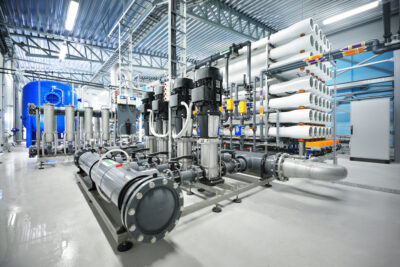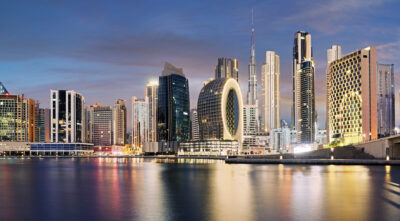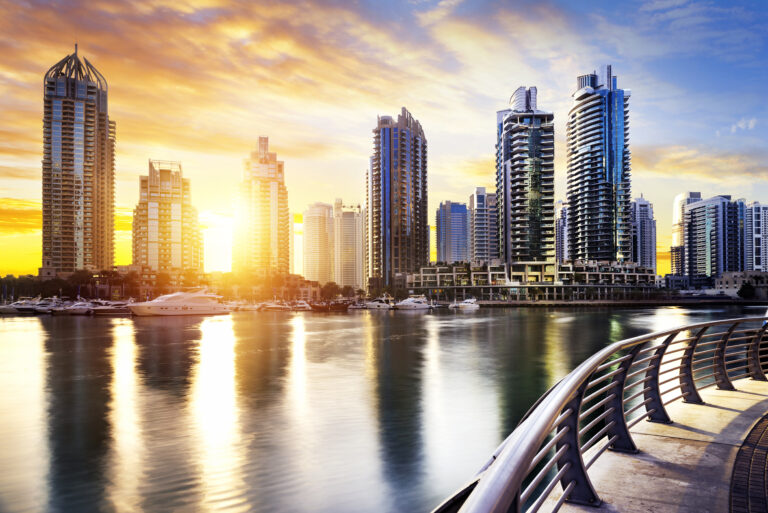Solar Impulse is a pioneering project in the field of aviation and solar energy systems. Founded in Switzerland by André Borschberg and his brother, Bertrand Piccard, the main goal of Solar Impulse is to use solar energy as a power source for long-duration flights.
Solar Impulse is a fuel-less aircraft powered by large arrays of solar cells. It is capable of night flights and operates under various weather conditions, thanks to its lithium-polymer batteries that store solar energy. During the day, solar panels generate the necessary energy for flight and battery charging.
Solar Impulse 2, an improved version of the aircraft, embarked on a global journey in 2015, flying to clean energy events worldwide. Over one year, the aircraft traveled to multiple global destinations using solar energy, without fossil fuels, demonstrating the feasibility of long-duration flights using renewable energy sources, beneficial for environmental conservation.
The advantages and disadvantages of Solar Impulse can be summarized as follows:
Advantages:
Clean: Solar Impulse uses renewable and clean energy sources like sunlight, meaning it does not rely on fossil fuels such as oil and gas, significantly reducing air pollution and greenhouse gas emissions.
Energy-saving: By converting sunlight into electricity using solar panels on its wings, Solar Impulse reduces the need for fuel and complex, energy-consuming mechanisms for propulsion.
Innovative technology: Solar Impulse employs advanced technology to harness and convert solar energy into electricity, contributing to the development and advancement of renewable technologies and serving as a model for sustainable transportation in the future.
Disadvantages:
Performance limitations: Compared to traditional vehicles, Solar Impulse has performance limitations due to the power capacity of solar batteries and complete reliance on sunlight, which may affect its speed and performance in fluctuating weather conditions.
Passenger capacity limitation: Due to the power required for flight, Solar Impulse can carry only a limited number of passengers compared to conventional aircraft, posing challenges for widespread use in public transportation.
Weather dependency: Solar Impulse requires sunlight and favorable weather conditions for optimal performance. In severe cloudy conditions, long nights, or areas with insufficient sunlight, the performance of the vehicle may decrease or stop entirely.
High cost: The construction and development of solar-powered vehicles like Solar Impulse are costly. The advanced technology and innovative materials required for building such vehicles can increase production costs and the final price for users.
Areas of activity:
Key topics focused on by Solar Impulse:
Clean aviation Renewable information and communication technologies Positive-energy homes and energy conservation for a cleaner environment Air pollution Climate change and global warming Optimal use of resources (recycling) and waste reduction
A successful challenge:
Efficient solutions for clean economic growth: Bertrand Piccard and the Solar Impulse Foundation have identified over 1000 clean and profitable solutions to address sustainability challenges while enabling economic growth. The Solar Impulse Foundation organizes these solutions in a search engine for climate action initiatives to support their implementation. The foundation provides tools to political and economic decision-makers to adopt much more ambitious energy and environmental policies, helping them map out a path to achieve their environmental goals.
Founder:
Bertrand Piccard, one of the first to envision ecology through profitability, has always supported the idea that solving climate change is not an expensive problem but an extraordinary market opportunity. He actively speaks against the futility of old, polluting devices and systems we still use and promotes the benefits of existing efficient technologies to motivate governments and industries to take action.
He believes that environmental protection will only become a reality if it is economically viable and does not require financial or behavioral sacrifices. Today, efficient solutions exist that can boost economic growth while reducing our impact on the planet.
Patricia Espinosa, Executive Secretary of the UNFCCC, has provided initiatives like the Global Alliance and its goal to select 1000 efficient solutions available to the world, precisely what the global community needs to enable investors, governments, cities, and citizens to tap into the rich variety of clean technologies currently available or under development to achieve their goals.
Dr. Fatih Birol, Executive Director of the International Energy Agency, finds it inspiring to see many technology ideas and businesses labeled as efficient solutions that can help reduce greenhouse gas emissions. The International Energy Agency supports efforts to achieve a secure and sustainable energy future for the world, and innovation will play a vital role.
Achievements of Solar Impulse:
Innovation in clean air technology in Switzerland 40,000 kilometers of fuel-less flight, a world first Economically viable solutions for clean technology Lower water consumption Lower energy consumption (heating and electrical fuel) Reduced use of chemicals Hydropath UK has successfully received the Efficient Solution Label from Solar Impulse, endorsed by the organization’s experts.
Since 1992, Hydropath has designed water care technology products to improve system performance and reduce water consumption, operating with minimal electricity consumption.
The elimination of resin-based water softeners and a fundamental difference from other non-chemical softeners, such as electronic and magnetic ones, has made HydroFlow descalers one of the top 1000 future technologies endorsed by Solar Impulse 1000 Solution to change the world, with all devices presented with the Solar Impulse label.







